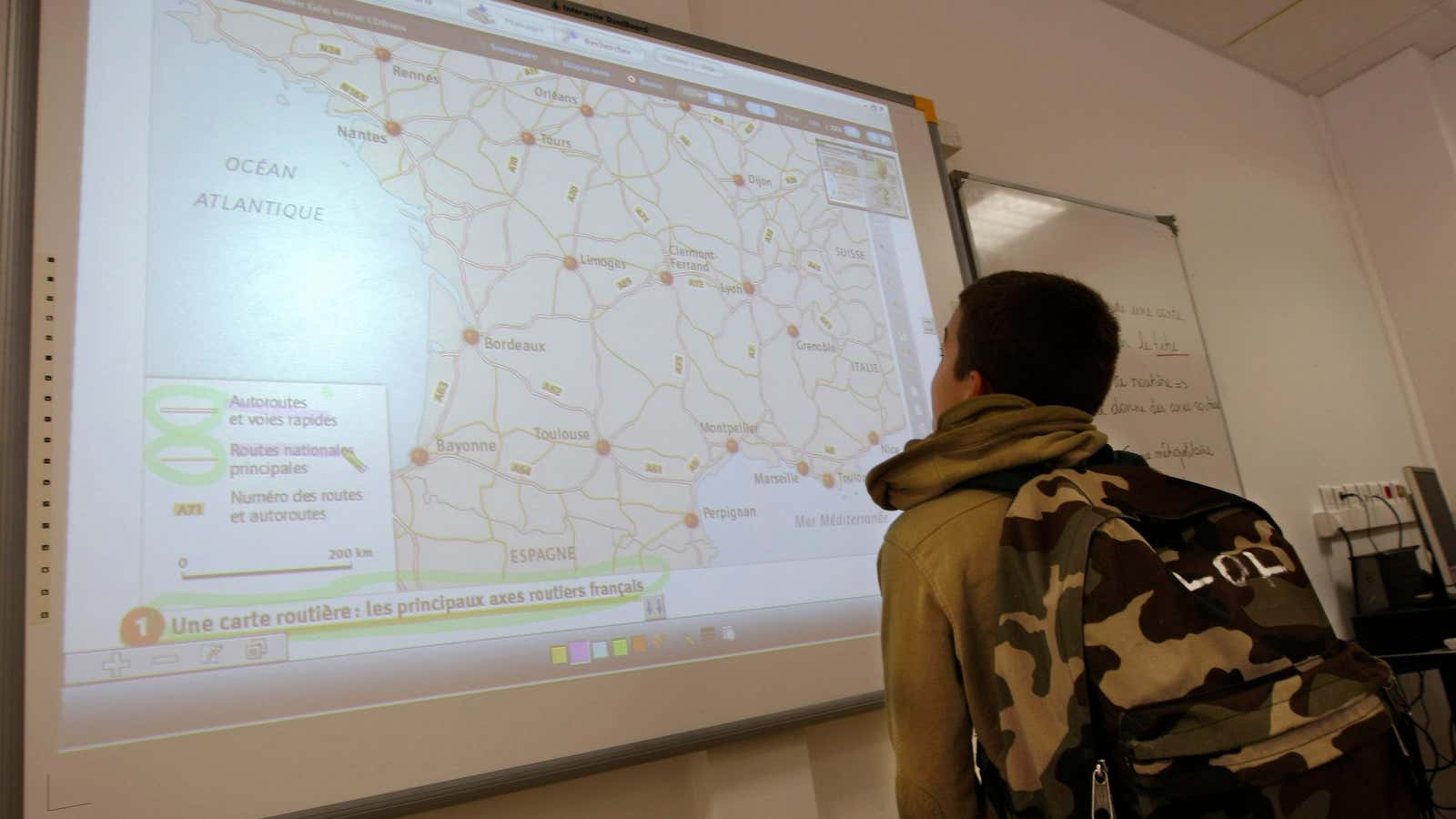Many students dread in-class presentations. After all, public speaking is Americans’ number-one phobia, and when you’re a student in middle school or high school, it’s reasonable to be wary of speaking in front of a judgmental crowd.
But now, as Taylor Lorenz writes in an article for The Atlantic, a growing number of students are pushing back against the idea that they need to do presentations at all. They argue that public speaking places an unreasonable burden on students with anxiety, and that teachers should offer alternative assignments.
Here’s the thing: Science tells us that’s a bad idea.
Why kids should do things that make them unconformable
In her piece, Lorenz quotes several students who argue that kids with serious anxiety disorders shouldn’t be forced into situations that worsen their conditions. Or, as one student put it, “School isn’t something a student should fear.”
And yet the most basic tenets of psychology tell us that the idea of helping people with anxiety disorders avoid the things they fear is misguided–and actually harms them in the long run. According to the American Psychological Association, “When people are fearful of something, they tend to avoid the feared objects, activities or situations. Although this avoidance might help reduce feelings of fear in the short term, over the long term it can make the fear become even worse.”
By contrast, a proven way to treat anxiety disorders lies in the process known as exposure therapy, developed by Russian Nobel Prize Winner Ivan Pavlov. The most effective form of exposure therapy is known as “in vivo exposure“: Directly facing a feared object, situation, or activity in real life. For example, someone with a fear of flying will keep trying to get on planes. Over time, the person’s anxiety tends to get better; their brain slowly rewires so that it begins to disassociate that activity from fear, in a process known as “habituation.”
But that can only happen if the person is forced to confront their fear. If everyone around them enables their avoidance, their fear will only become more entrenched. Given that school is supposed to prepare young adults for the real world, it would be a shame for teachers to enable student’s avoidance of an activity that will teach them an invaluable life skill. After all, presenting in front of a class teaches young adults how to communicate their ideas clearly and concisely–skills that are extremely sought-after in the workplace.
In her piece, Lorenz quotes a 14-year-old student named Ula, who says that “Nobody should be forced to do something that makes them uncomfortable.” But the best available science tells us that, if they want to be successful in life, maybe they should.
